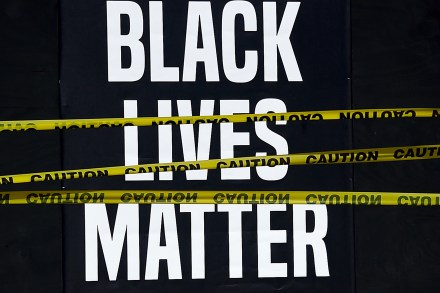The Brexit bounce is underway
The collapse in UK-EU trade after 1 January was widely reported. What has not been reported nearly as much is that UK exports have made a near-complete recovery. They were up 46.6 per cent in February after falling by 42 per cent in January. Imports are not there yet. They were up 7.3 per cent in February after a fall of 29.7 per cent in January. The one prediction I am happy to make is that they will recover too. What these and other numbers are telling us is that even this bit of the Brexit scare stories will not come true. If you look at the latest IMF data





















